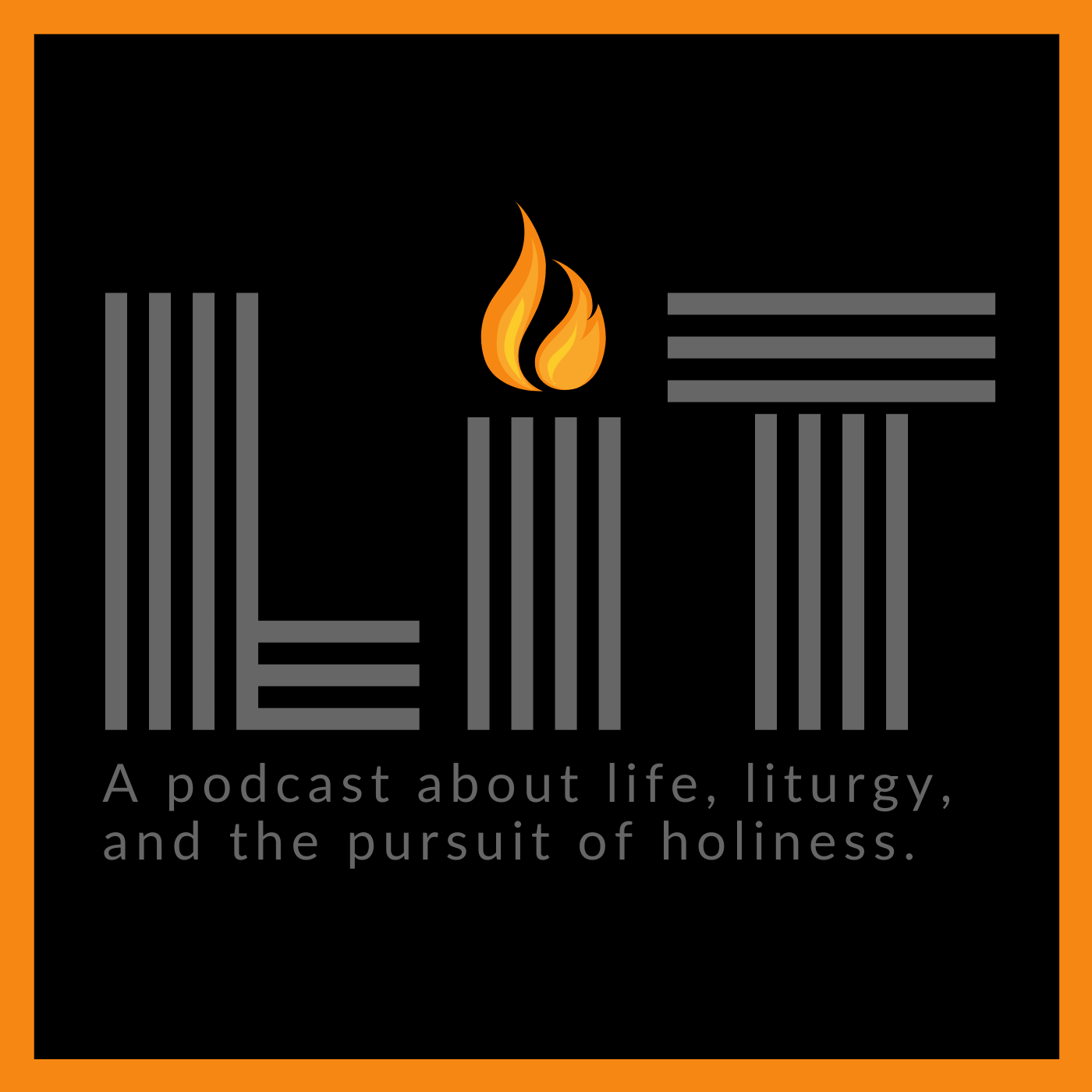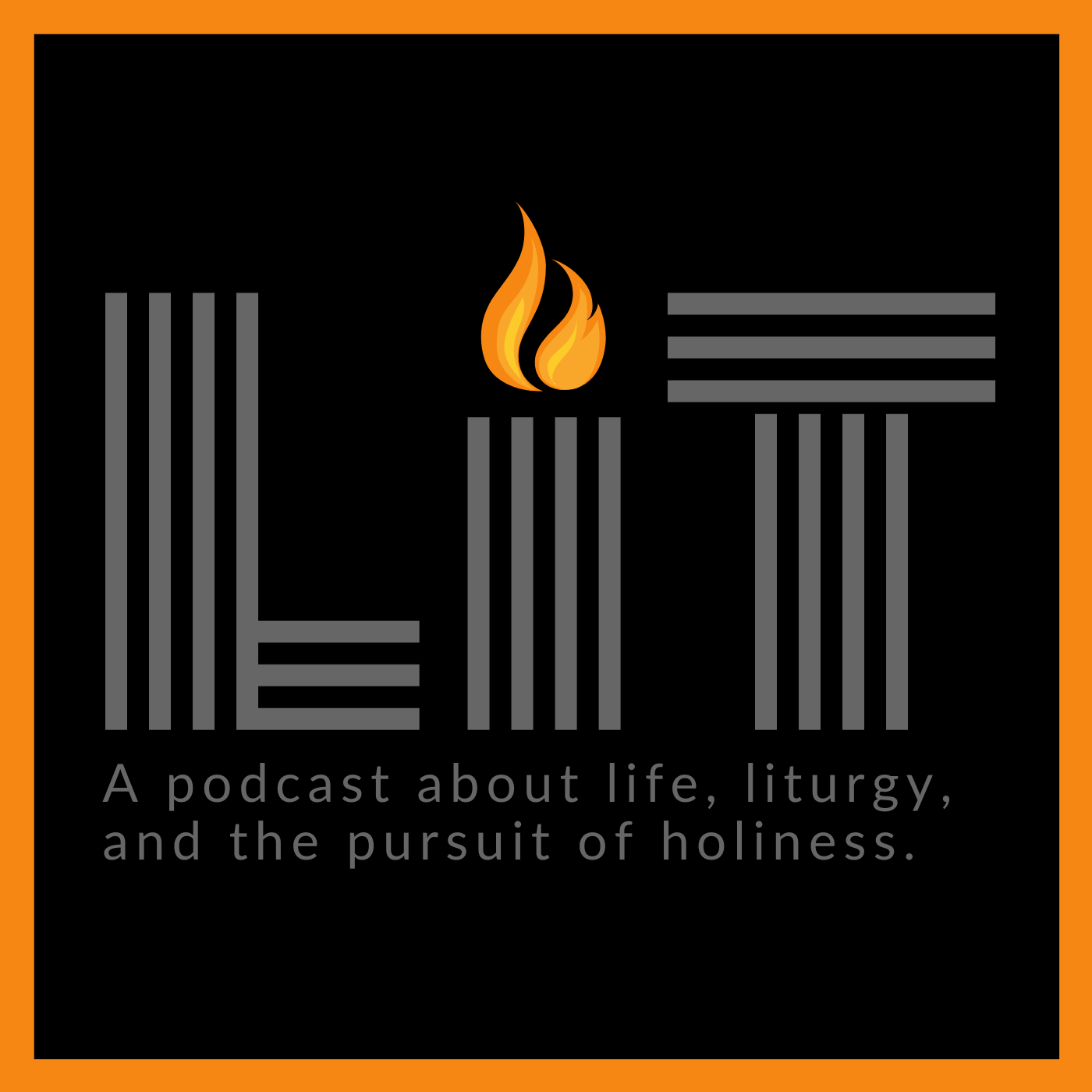Fasting
Today we talk about fasting. We explore its history as a spiritual practice and its practical uses today. Several quotes are mentioned which you can find below:
Here is a link to the 1979 Book of Common Prayer Online: https://www.bcponline.org/
Quote 1: Evagrios the Solitary
Man cannot drive away impassioned thoughts unless he watches over his desire and incensive power. He destroysdesire through fasting, vigils and sleeping on the ground, and he tames his incensive power through long suffering,forbearance, forgiveness and acts of compassion. For with these two passions are connected almost all the demonic thoughts which lead the intellect to disaster and perdition. It is impossible to overcome these passions unless we can rise above attachment to food and possessions, to self-esteem and even to our very body, because it is through the body that the demons often attempt to attack us. It is essential, then, to imitate people who are in danger at sea and throw things overboard because of the violence of the winds and the threatening waves.
Texts on Discrimination in Respect of Passions and Thoughts In the Philokalia Volume 1 pg. 39
Quote 2: St. Maximos the Confessor
Many human activities, good in themselves, are not good because of the motive for which they are done. For example, fasting and vigils, prayer and psalmody, acts of charity and hospitality are by nature good, but when performed for the sake of self-esteem they are not good.
Four Hundred Centuries on Love: Second Century #35 Found in the Philokalia Volume 2 pg. 71
Quote 3: Alexander Shmemann
Ultimately, to fast means only one thing: to be hungry–to go to the limit of that human condition which depends entirely on food and, being hungry, to discover that this dependency is not the whole truth about man, that hunger itself is first of all a spiritual state and that it is in its last reality hunger for God.
Brin Bon: brin@incarnationatx.org
Justin Yawn: jyawn@stlukesonthelake.org
We apppreciate your listenership very much!

